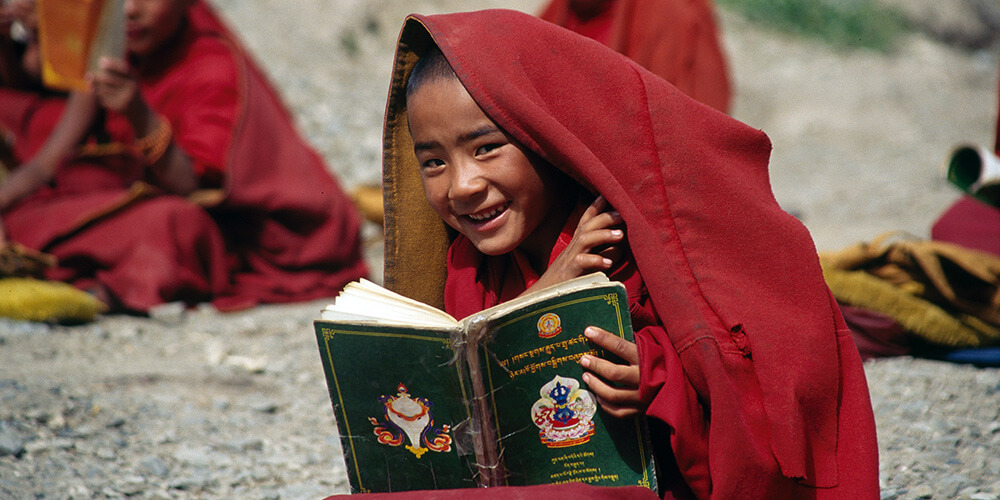Photo by 和 平
I am not an expert on Chinese politics nor the Tibet situation, and for that reason, I have never touched on political subjects in this blog. The closest I got to discussing politics was when I touched on the fact that young Chinese people never seem to discuss Mao’s time.
So, I won’t do it more today than before. What I am sharing here is how we felt last week when trying to get news about Tibet from “inside China”… You had to be there to realize how the “picture” of what was happening could be incredibly distorted!
As the Tibet violence started last week, I was amazed to see that in just a couple of hours, they blocked Yahoo news… and a few hours later, we could not even access the Yahoo page! Some people could not even access their Yahoo email!
Surprisingly, we could still visit www.cnn.com, which had “softer” headlines about what was happening. YouTube was, of course, also blocked, but this is nothing new.
That night, Tibet was, of course, a subject of conversation as we shared a few beers with some ex-pats (it was Saint-Patrick’s day after all!)…
Interestingly enough, we had brought our young Chinese friend with us. I was observing him as we were talking, and the look on his face was truly saying, “I don’t know what you guys are talking about.” Not surprising. So that was Monday.
Unfortunately, I don’t read or speak Mandarin, so we were pretty disconnected from what the Chinese media said all week. We did keep up to date with the situation using my husband’s company VPN (virtual private network).
We were flying out from China Friday, and the TVs at the airport – in English interestingly – had one headline: “Other Asian countries support China’s action in Tibet.” They mentioned India and Pakistan. Another headline said that “China was complaining about the bias of international media.” Wow! Indeed a different angle… in a message meant for foreigners if we consider that most Chinese don’t speak English.
Interesting complaint, when China itself does a lot more than spreading biased news… it simply blocks them!
Then, on the plane, we could finally read some news on Tibet – in English – in the Hong-Kong paper, the “South China Morning Post”.
It mentioned that India actually prevented some Tibetans from crossing the border to China to reduce tensions. There is indeed a good reason for India and Pakistan to support China’s actions, and it is to avoid violence in their own countries in the border areas where some Tibetans live.
We could also read about how China justifies its actions of restricting the news “to avoid violence to spread to other regions”…
Truly, there is never “one truth”…
I will end this posting by mentioning a fascinating blog post (update 2021: the link is now dead)… a fascinating memorandum actually signed by 30 Chinese intellectuals (names and professions included), presenting what I thought to be a very comprehensive point of view.
Interestingly enough, the blog itself is hosted by the French newspaper Le Monde, and I am just wondering what kind of risk these intellectuals took by signing this article.
I also wondered if the fact that the blog post was in French protected it from censure (and if the blog was censored in China.)
I wondered where these intellectuals resided, in China or France, why Le Monde was hosting such a highly political blog, etc.… so many questions…
In any case, it was definitely an interesting way to “speak up” in this difficult context.
I will end this posting with all these unanswered questions, but there is no doubt that last week has shown us how extensive and complex the “freedom of speech” issue truly is in China…

